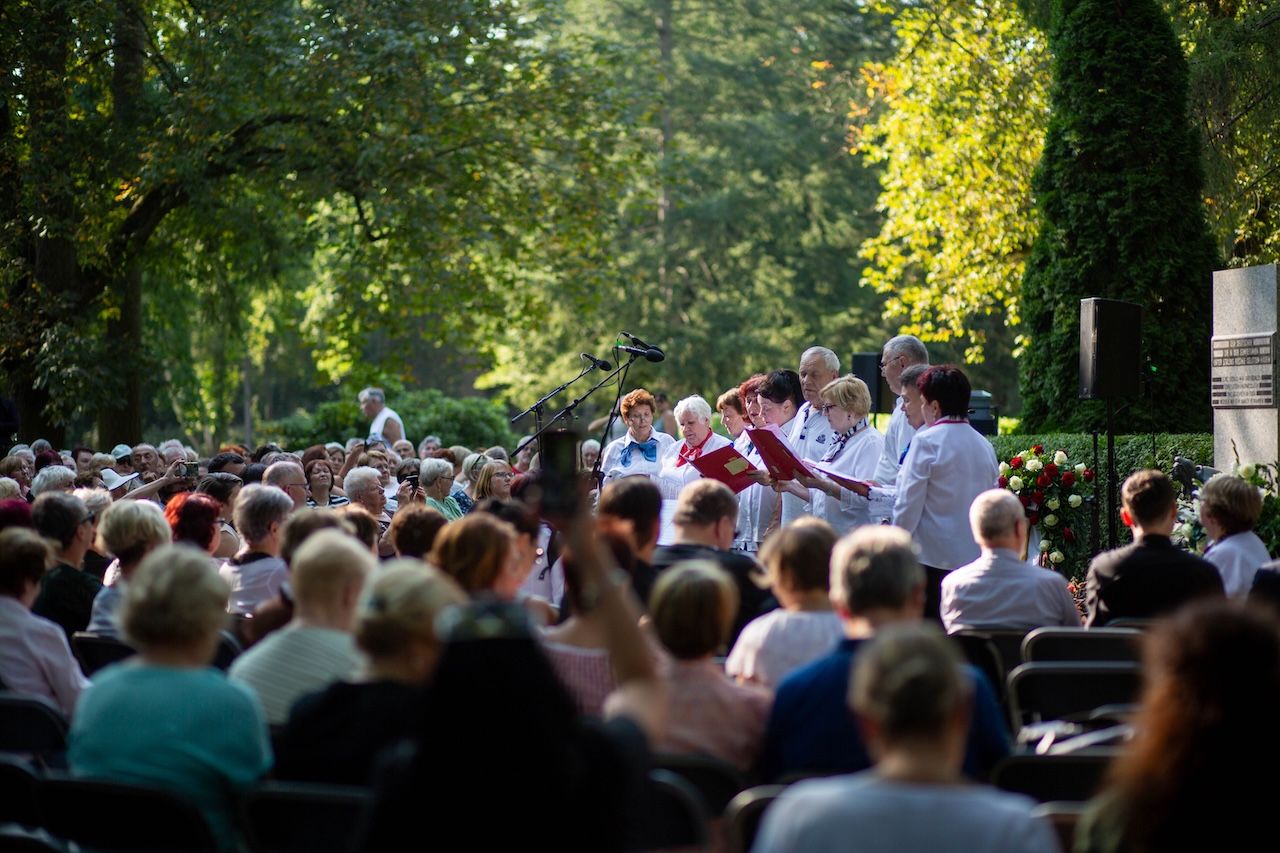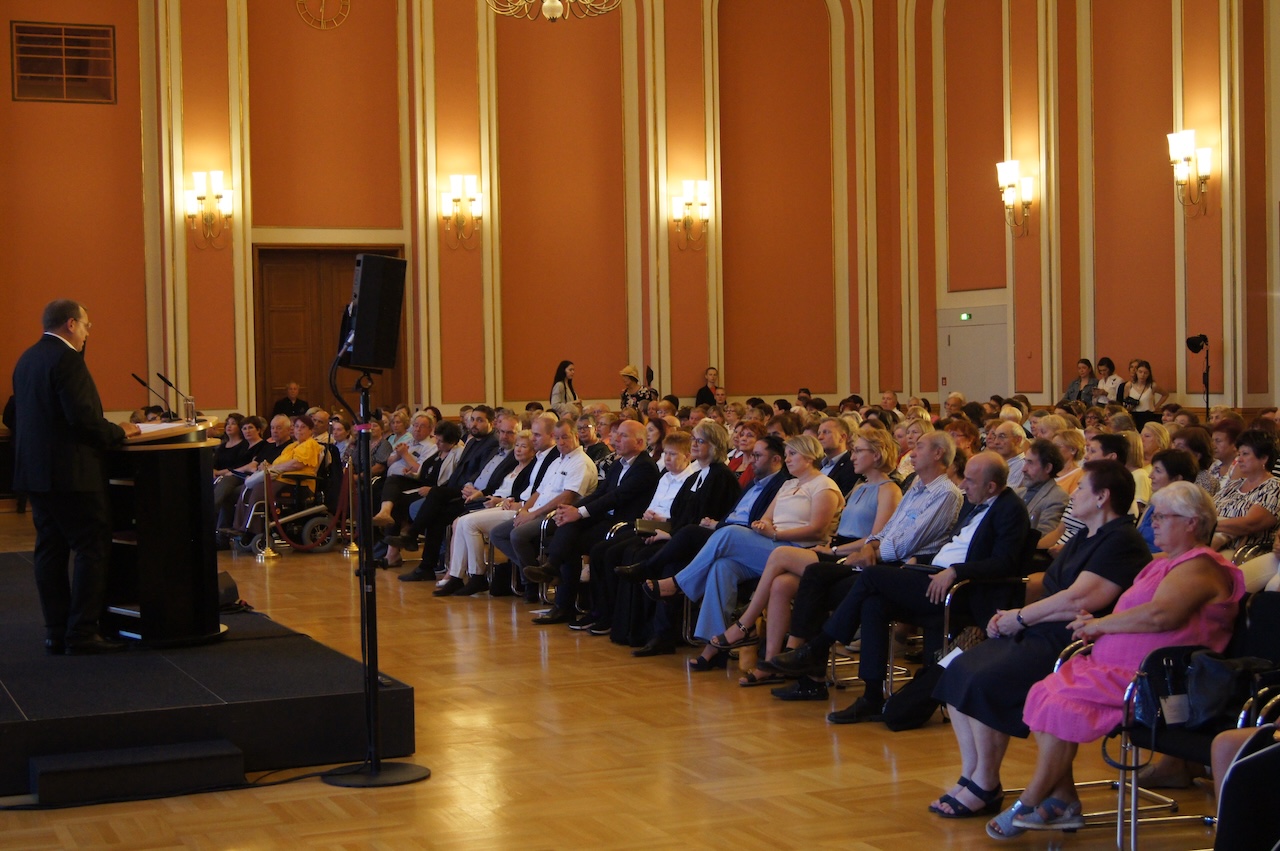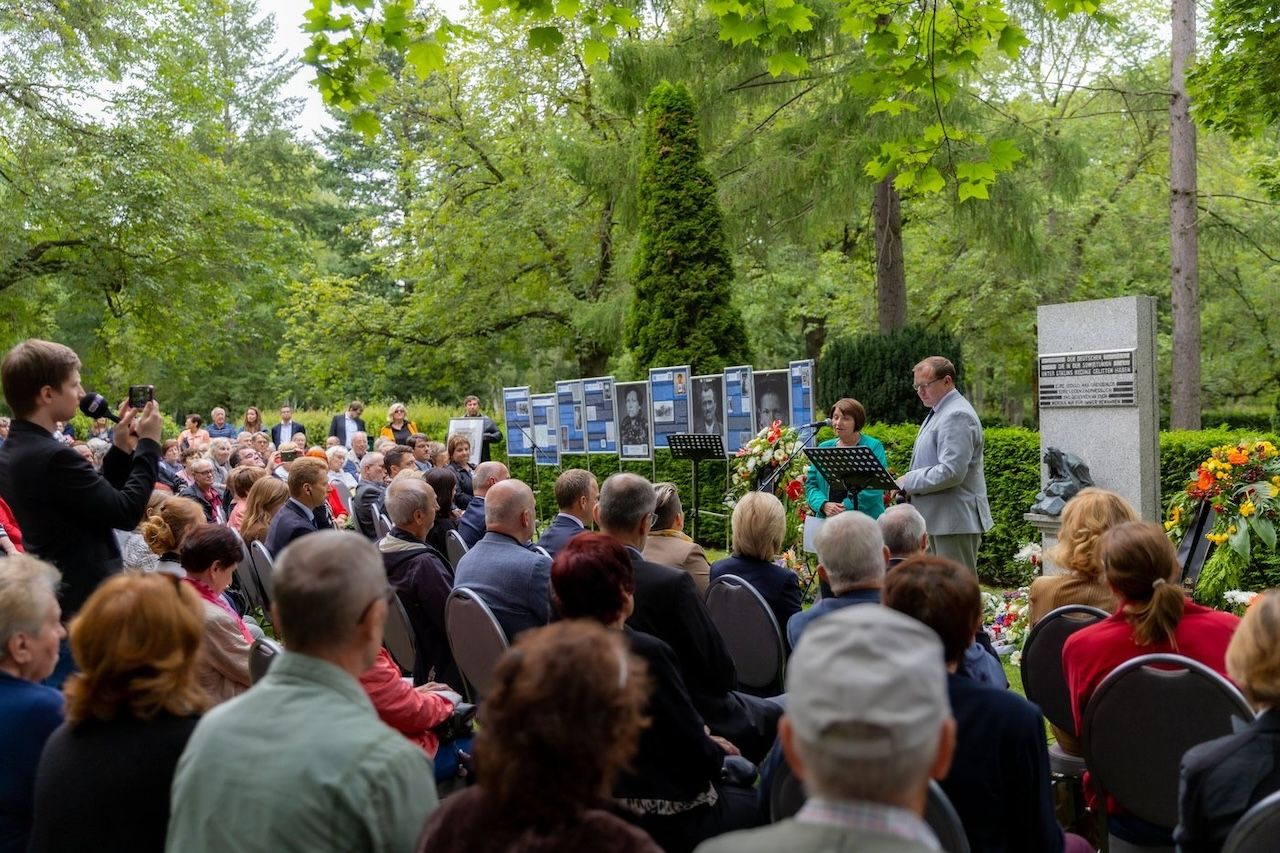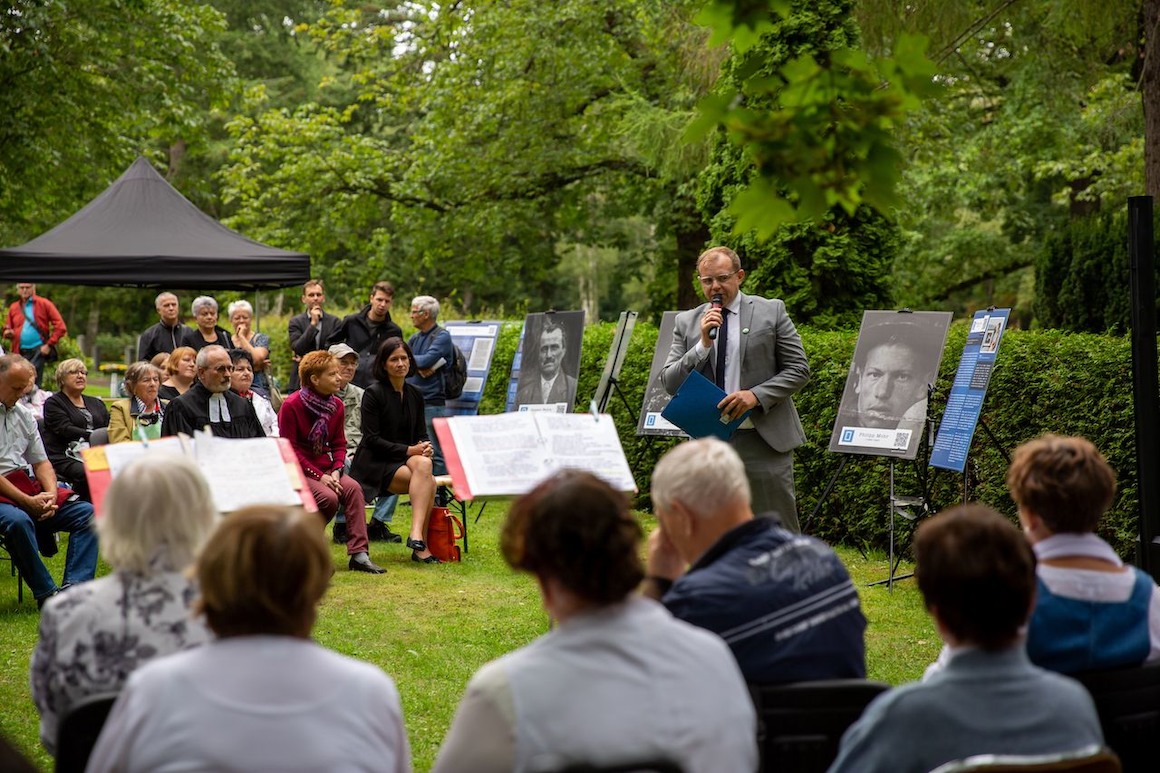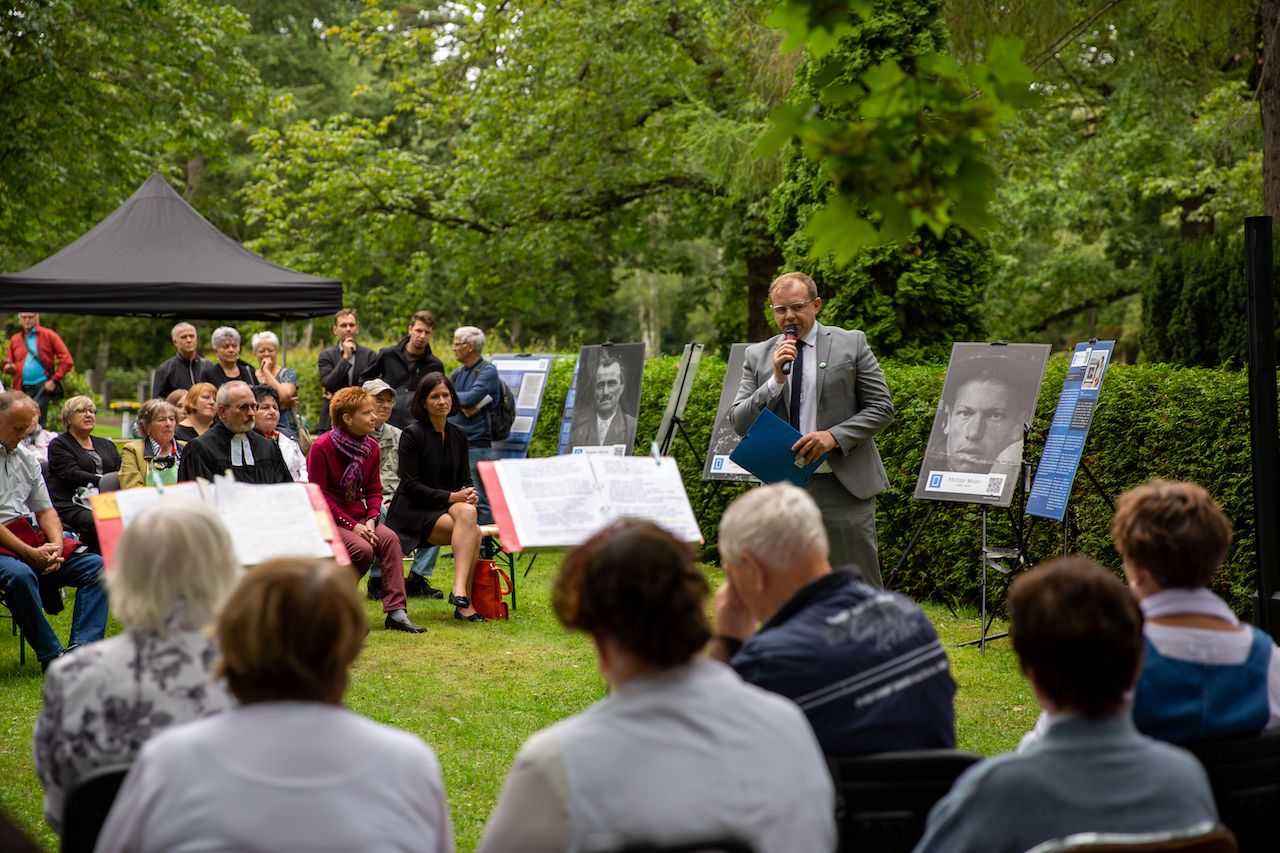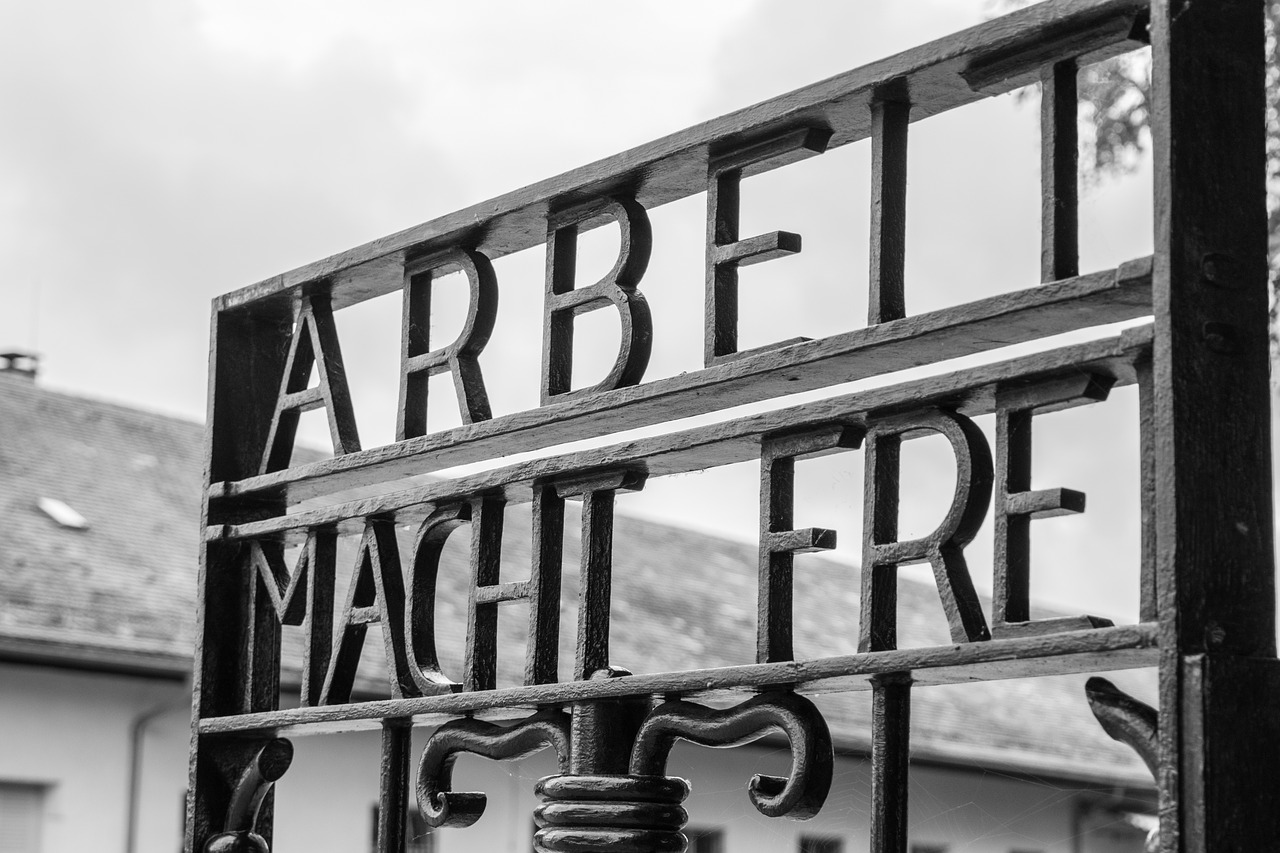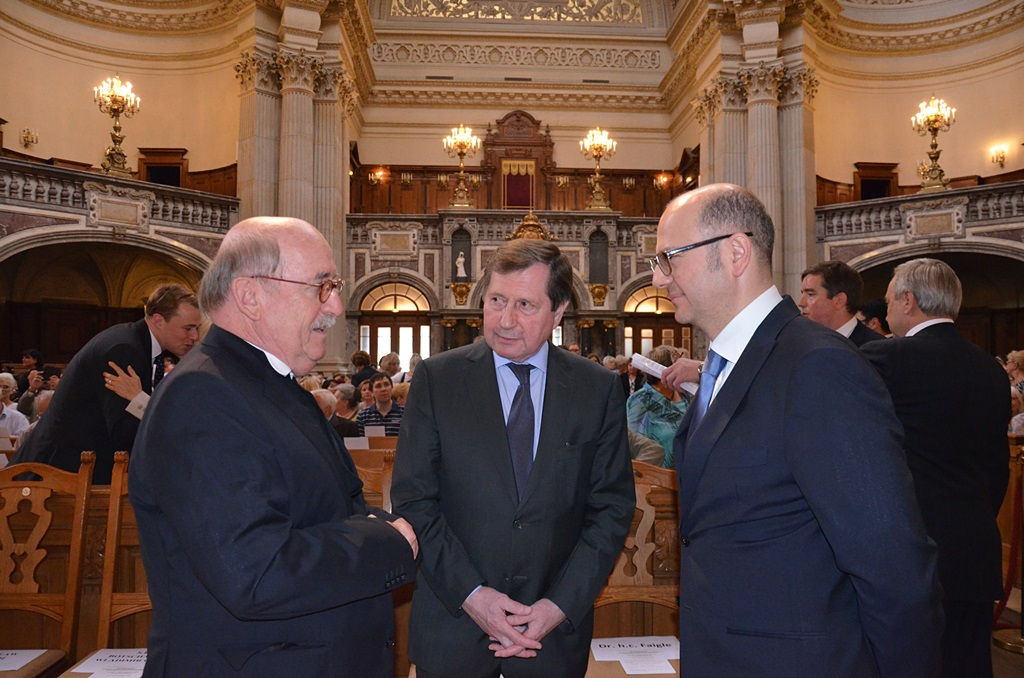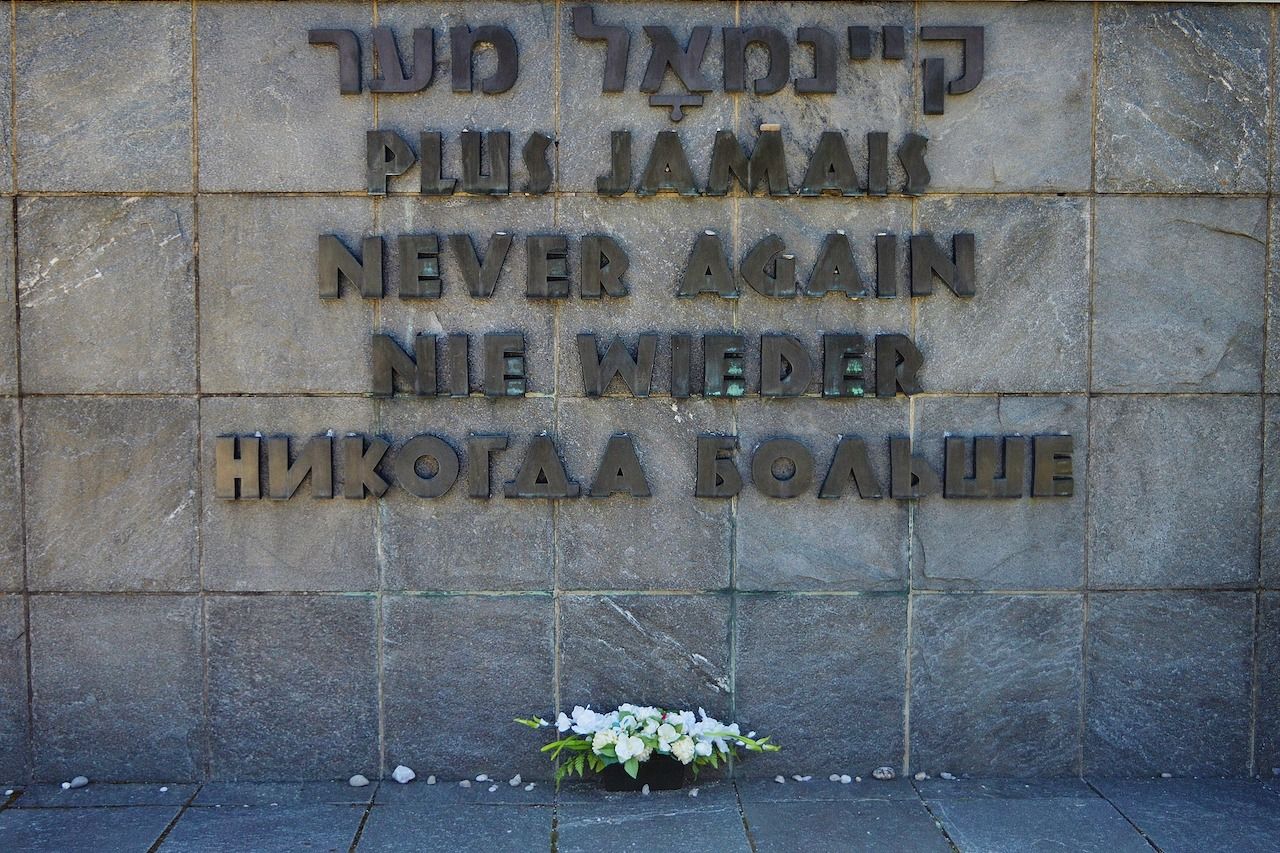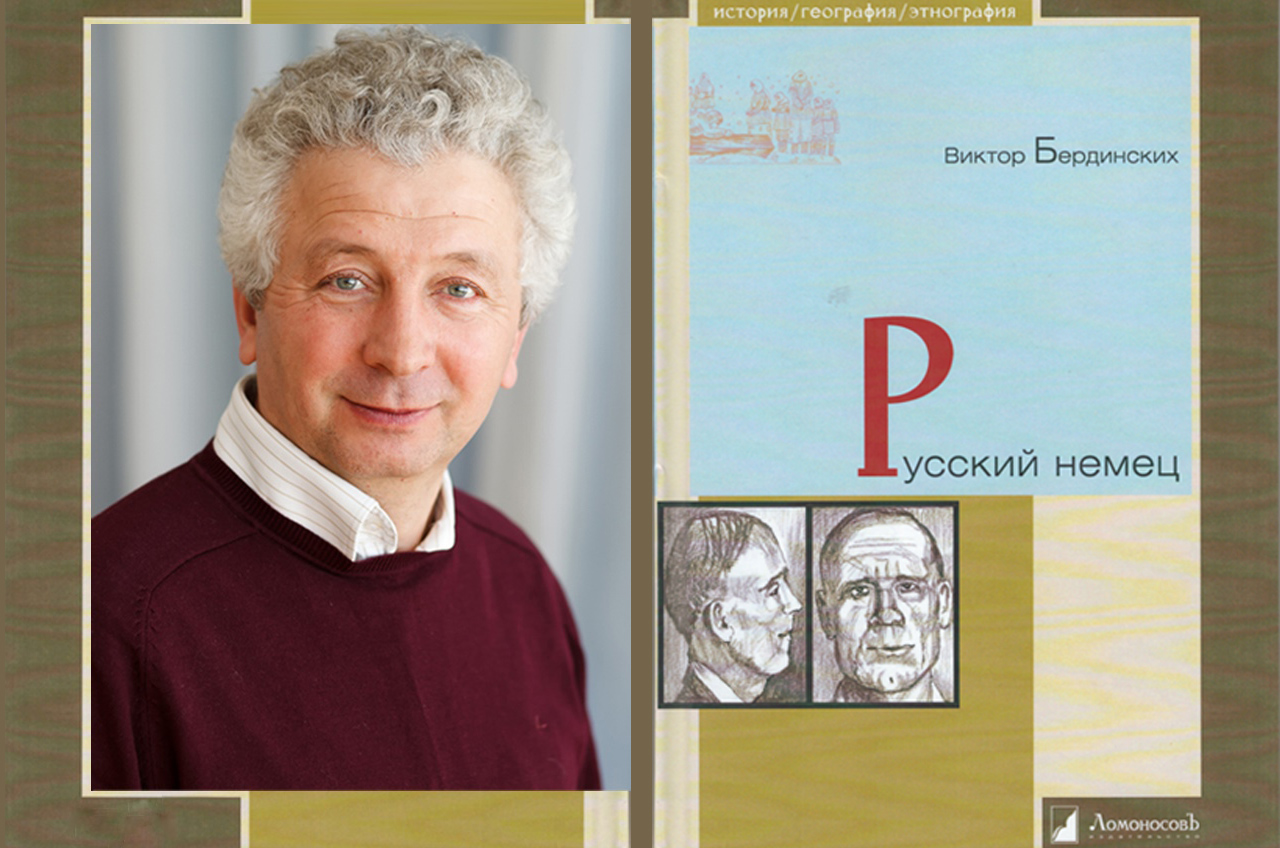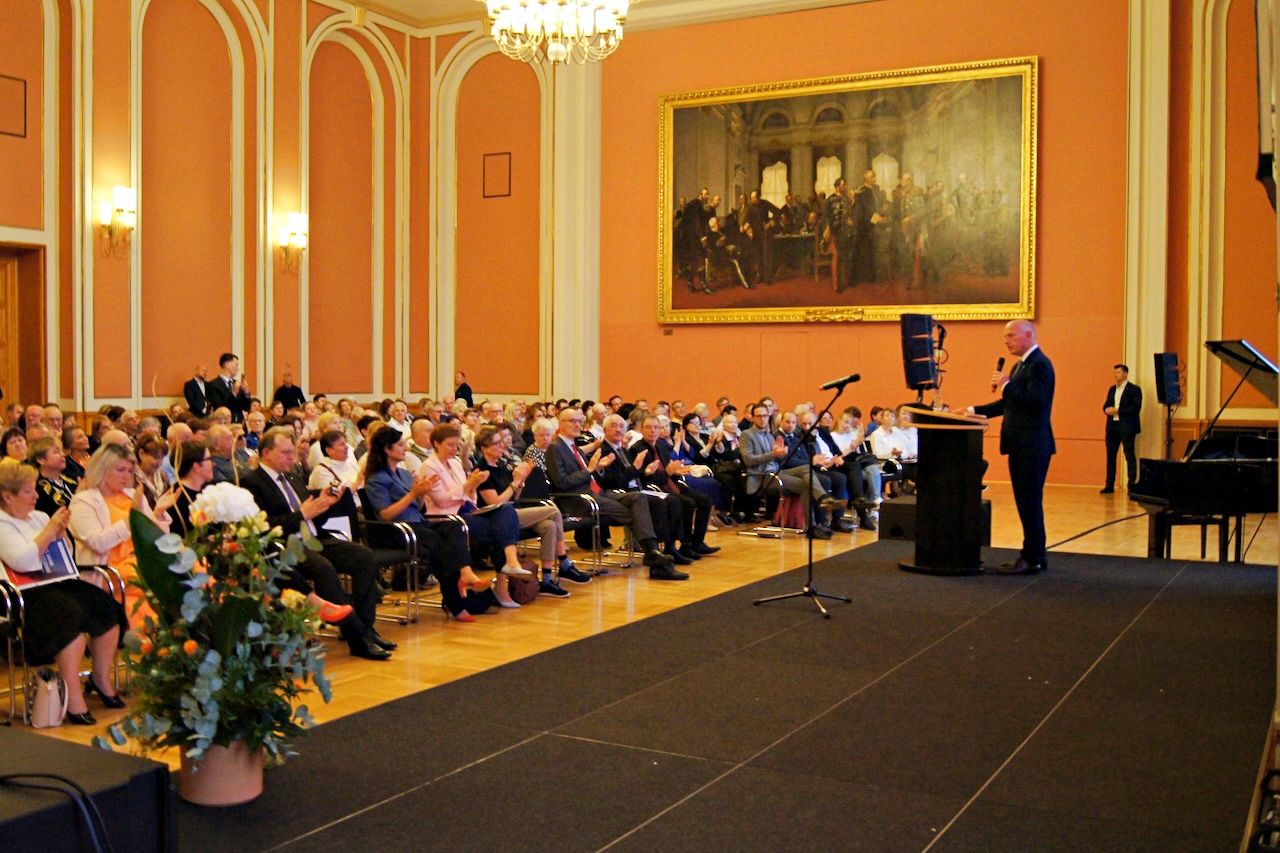
Undying scars of war in the hearts of generations…
From August 23 to 29, Berlin hosted a series of large-scale events whose deeper meaning was defined by their common leitmotif: “80 Years Since the End of the War – The Fate of Post-War Generations.” The initiator and main coordinator of this first-of-its-kind campaign in the federal state of Berlin was the Senate Commissioner for Affairs of Russian Germans, late resettlers, displaced persons, and refugees, Walter Gauks.
As is well known, both World War I and the subsequent World War II—whose 80th anniversary of the end is being commemorated worldwide this year—served as a serious “catalyst” for numerous territorial changes, including in Europe. Nowhere was the redrawing of borders carried out more powerfully and cynically than by Hitler’s Reich. Later, the new borders of Europe were established by the victorious powers that had defeated Nazi Germany.
Every time territorial expansion or political-territorial restructuring occurred, it was inevitably accompanied by grief, severe hardships, and tragedies of the civilian population. These events left an indelible mark on the lives of several generations, whose destinies were intertwined with the struggle for survival, while memory preserves the stories of everyday heroism and immense suffering. Again and again, they remind new generations of the fragility and vulnerability of peace and the value of human life.
In this context, it is crucial to make the history of these generations comprehensible for contemporaries, relying on reliable data, archival materials, and significant testimonies from that time. Furthermore, it is important to give historical events clarity, authenticity, and weight—shaping a clear understanding of the shared history of several generations and acknowledging the harsh reality of those tragic times.
This is why the fundamental goal of the events, as envisioned by the organizers, was the careful preservation of the memory of the harsh trials endured by Russian Germans, late resettlers, displaced persons, and refugees in the post-war years. Their destinies were overshadowed by deportations, flight, expulsion, forced relocations, deliberate prejudice, and the loss of their native homes.
The previously mentioned conceptual foundations formed the basis for the diverse events dedicated to the 80th anniversary of the end of the war and the fate of the post-war generations.
The intended purpose of the “Week of Remembrance” was most vividly and convincingly expressed on August 28 – the “Day of the Deportation of Russian Germans,” which is commemorated in many countries worldwide and in numerous federal states of Germany.
Each year, this date, filled with tragic hopelessness and deep sorrow, serves as a painful reminder of the severe ordeals endured by several generations of Russian Germans. At the same time, it is a day of genuine moral and ethical unity for many Russian Germans, repatriates, forcibly displaced persons, refugees, and their descendants, regardless of their current country of residence.
As in the previous year, the events dedicated to the “Day of Deportation of Russian Germans” took place in a solemn setting at the Red Town Hall of Berlin (Rotes Rathaus). Participants included the Governing Mayor of Berlin Kai Wegner, members of the Berlin Senate and the House of Representatives of Berlin (AGH Berlin), as well as numerous representatives of district administrations, authorities, the cultural community, business circles, public organizations, and socio-political associations.
This was once again a clear sign of compassion and respect toward the fate of the older generation of Russian Germans, as well as evidence of the responsible approach of Berlin’s authorities toward the role of Russian Germans, late resettlers, displaced persons, and refugees in German society.
On the same day, a solemn wreath-laying ceremony took place at Parkfriedhof Marzahn at the “Memorial Stone” for Russian Germans who perished or suffered during the 1941 deportations and while working in the “Labor Army.”
The “Week of Remembrance” concluded on August 29 at the Heilig-Kreuz-Kirche with a large concert distinguished by the sincerity and spiritual depth of its performers, which undoubtedly touched the hearts of many attendees.
During the mentioned events, we were able to ask W. Gauks several questions.
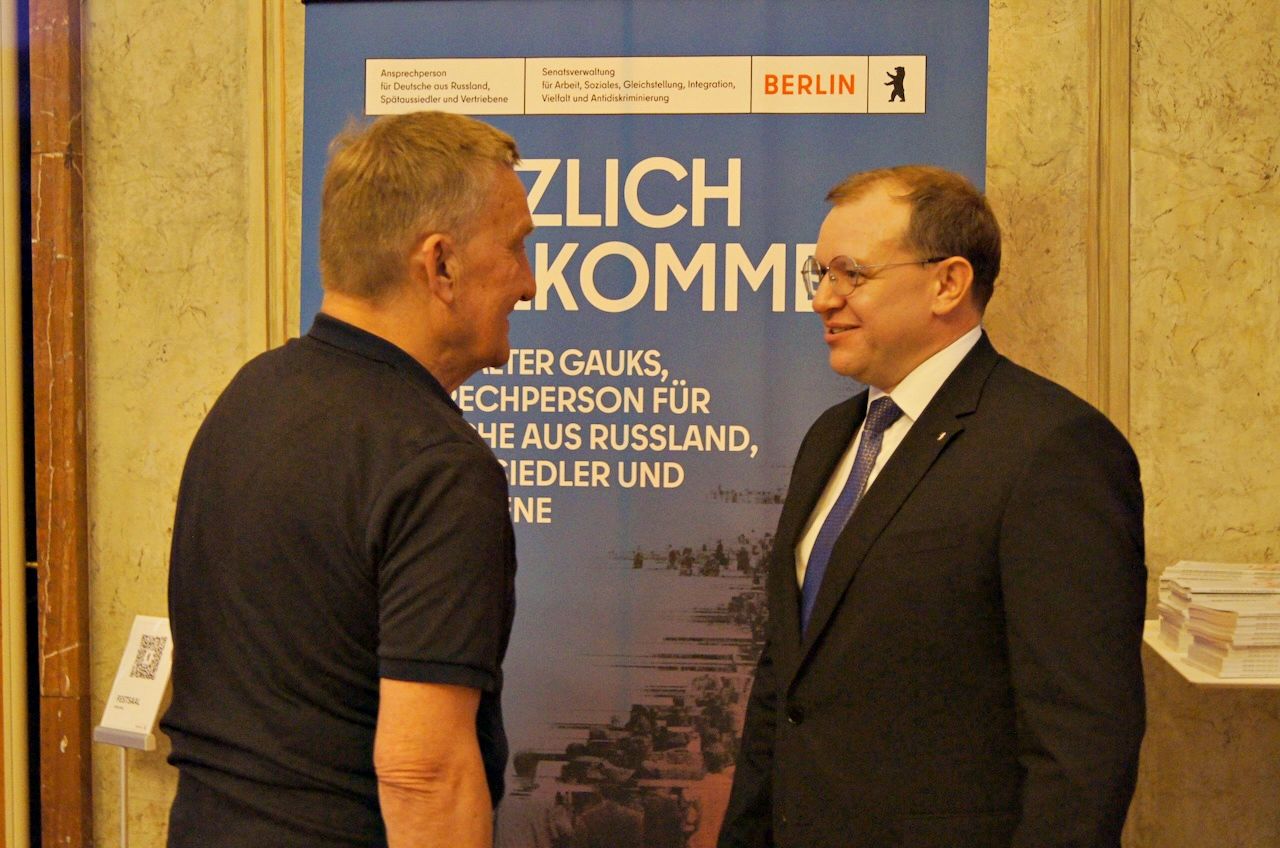
BERLIN24: What is the distinctive feature of the “Week of Remembrance” related to the fate of the post-war generations?
W. Gauks: I would emphasize that there are quite a few. But the most obvious and probably the most important is: this is the first event of its kind in Berlin. Various organizations and associations of Russian Germans, late resettlers, displaced persons, and refugees took part. Together. Despite all the differences in the historical background of their emergence. For this, I want to express my sincere gratitude and appreciation.
BERLIN24: Why weren’t such events organized in previous years? Everything was limited to the August 28th commemoration, the “Day of the Deportation of Russian Germans.”
W. Gauks: A fruit must ripen before it can be picked (laughs). Seriously – it took time for a comprehensive awareness and collective understanding that the post-war fate of several generations of these groups, with all their tragedies, hardships, suffering, deprivations, constant prohibitions and restrictions, is in many ways very similar.
BERLIN24: What was difficult in this regard?
W. Gauks: It turned out not to be as simple as initially thought. A significant role in such a process always belongs to the availability of proper and reliable resources, diverse in content. In this context, I would like to note that the main support in understanding the concept of the events and the practical assistance came personally from the Governing Mayor of Berlin, from several senators of the capital, from the relevant Senate departments, district administrations, numerous civic organizations, and the city’s clergy. For this, I am deeply grateful to them.
BERLIN24: What is the main message of these events in 2025?
W. Gauks: To preserve the unwavering conviction and belief that the memory of the tragic trials endured after the war by Russian Germans, late resettlers, displaced persons, refugees, and innocent victims will not fade from the hearts of future generations. And that the bright memories of deceased relatives, friends, and fellow countrymen will not vanish into oblivion. Essentially, the events held within the framework of the Week of Collective Remembrance in 2025 are an objective and symbolic expression of solidarity, inner awareness, civic responsibility, and connection to the events of past years, as well as a reflection of each participant’s commitment to addressing the still existing problems of these groups.
BERLIN24: We wish you success in this endeavor!
W. Gauks: Thank you!
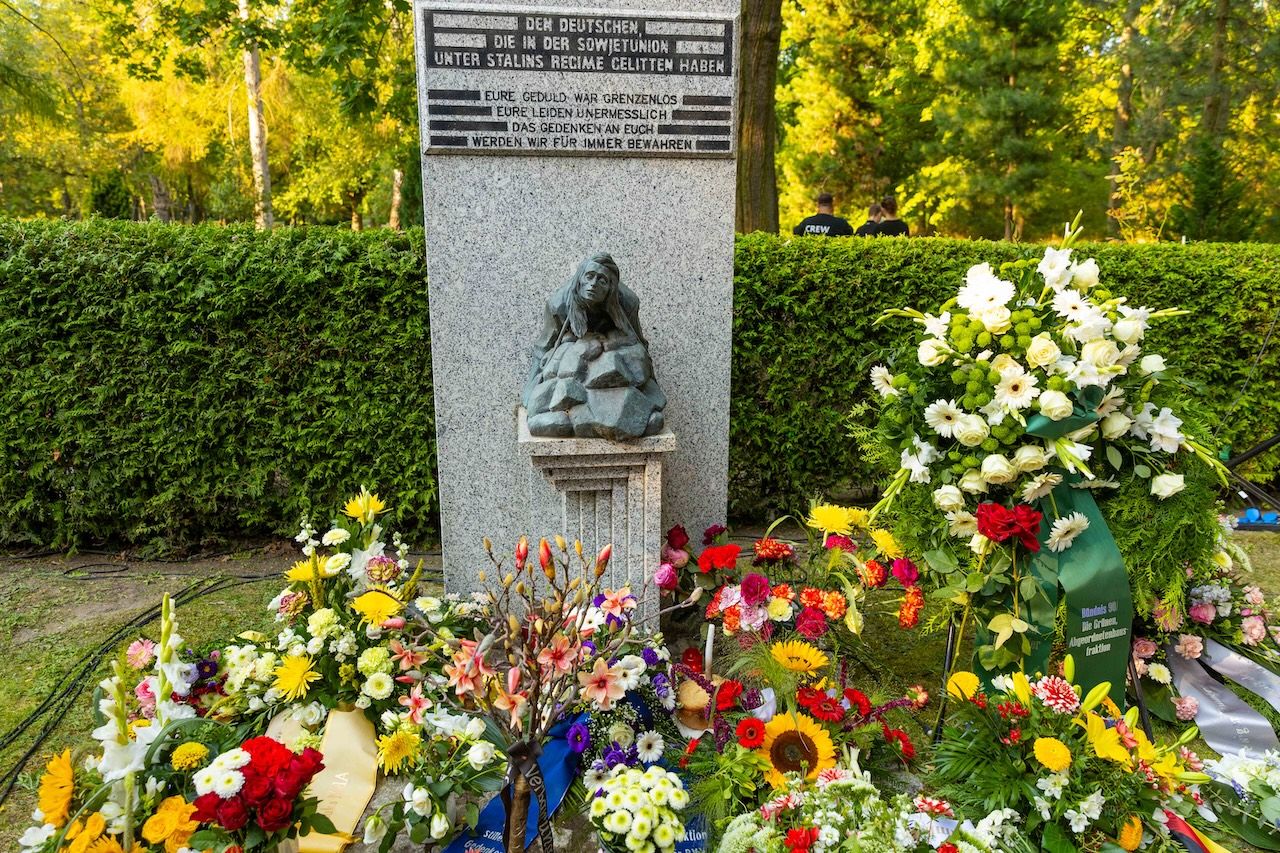
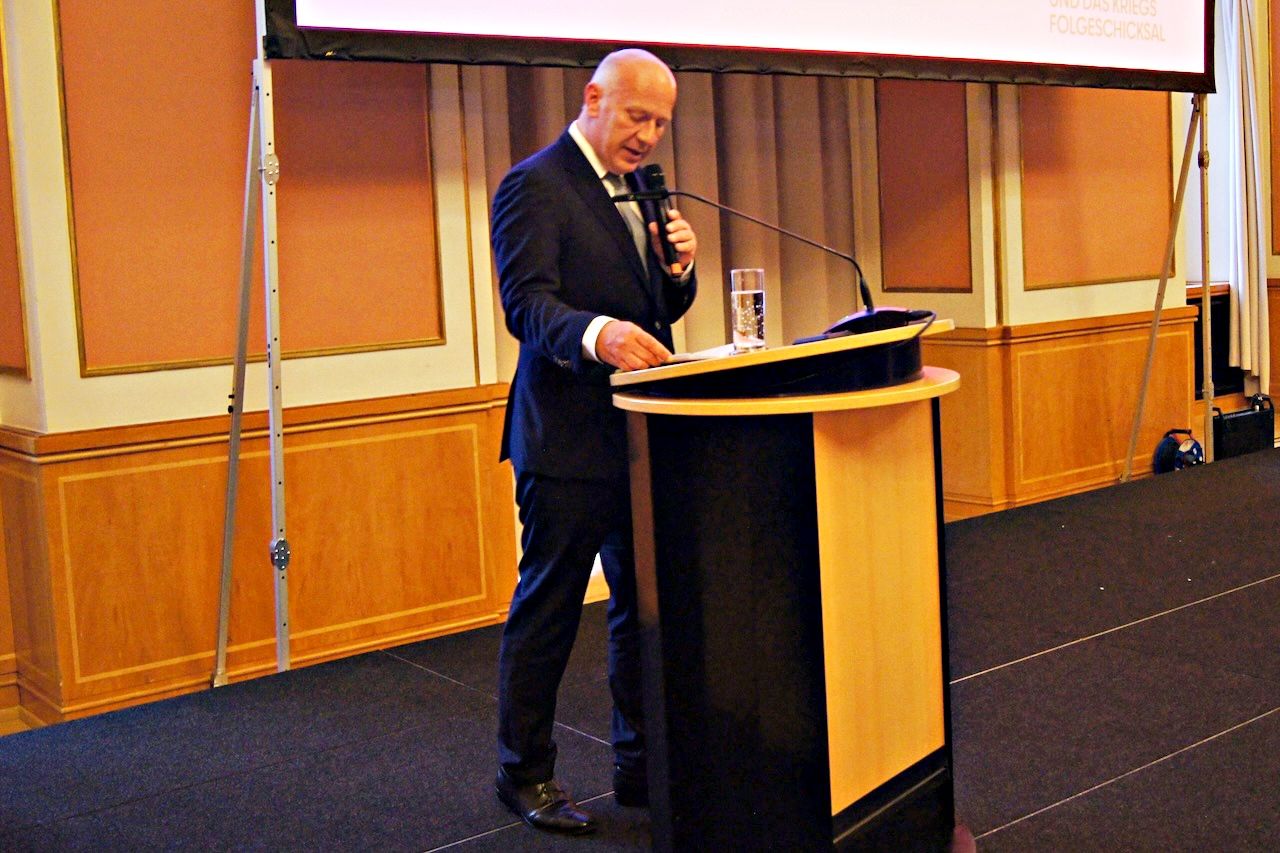
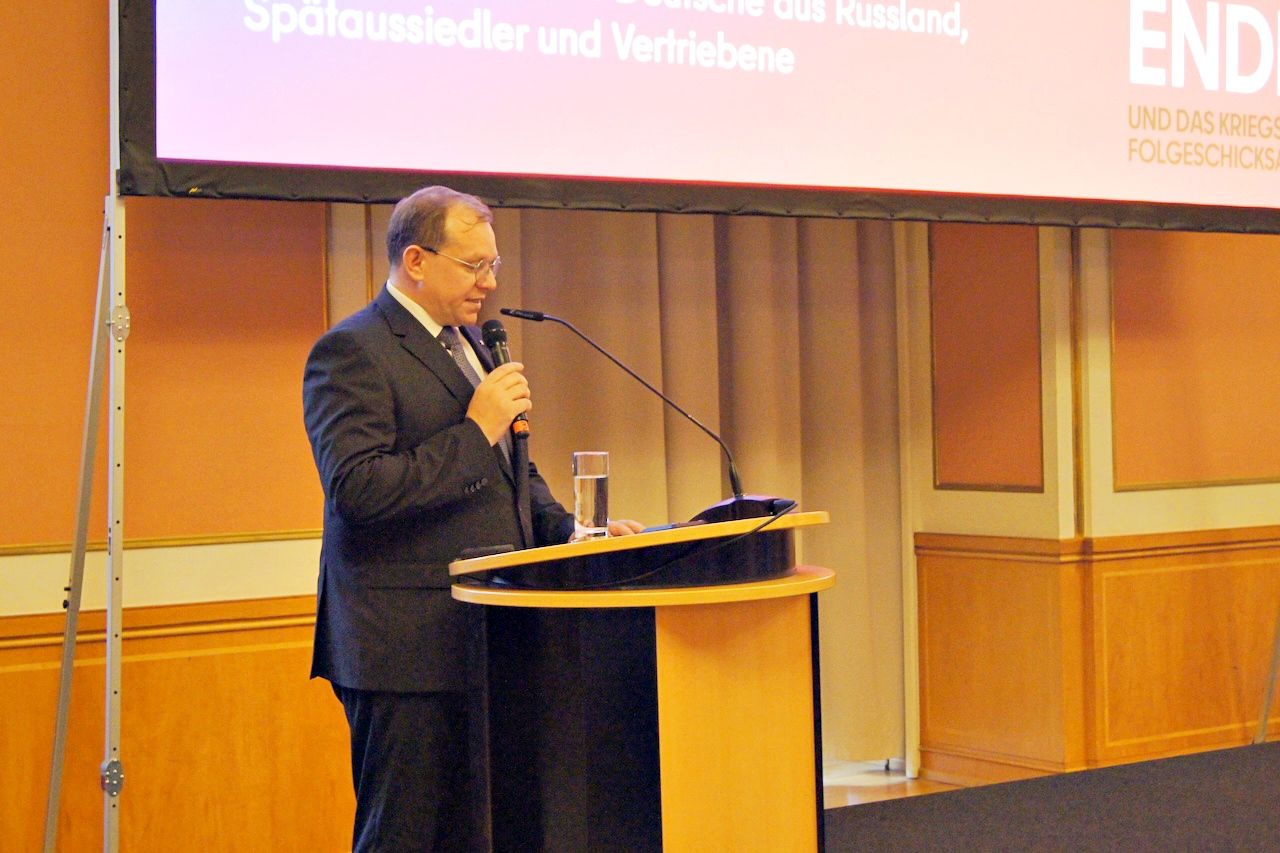
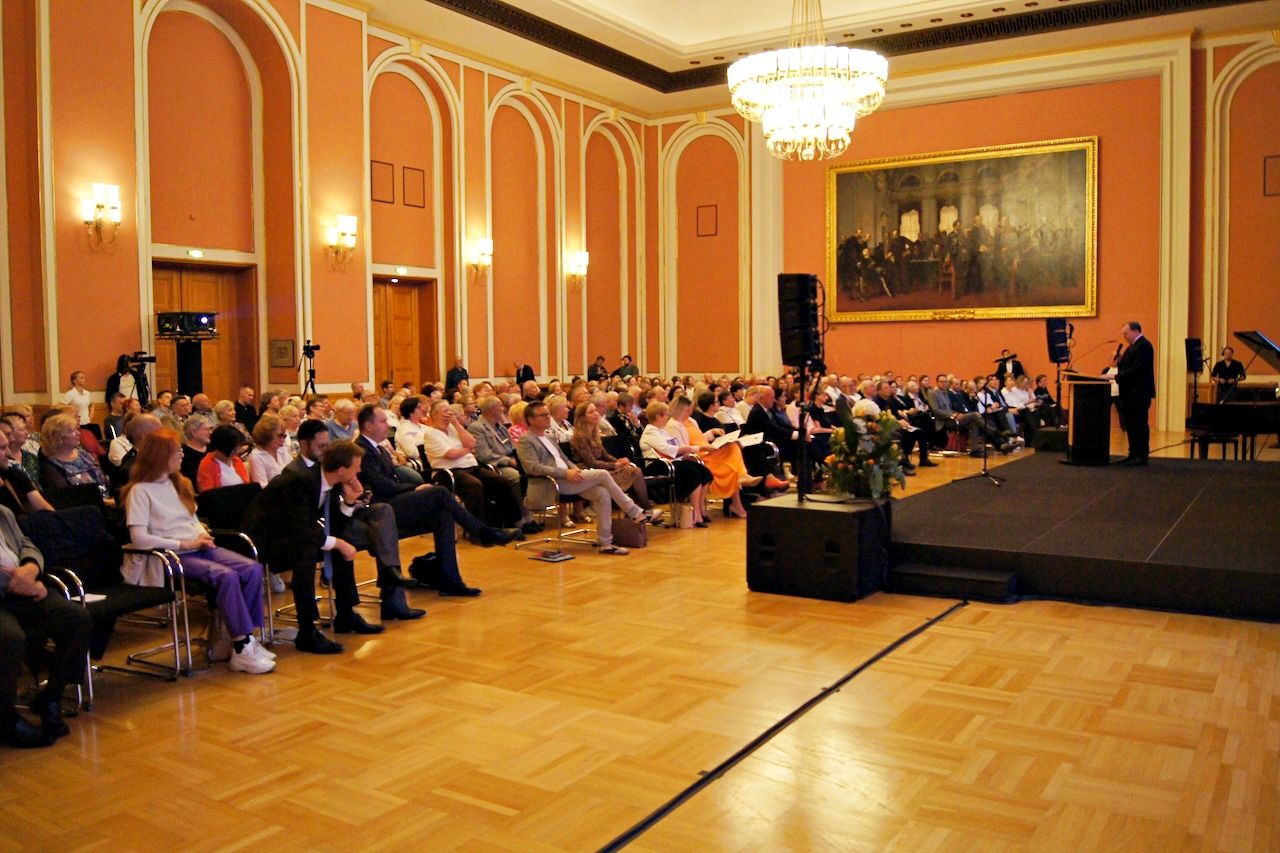
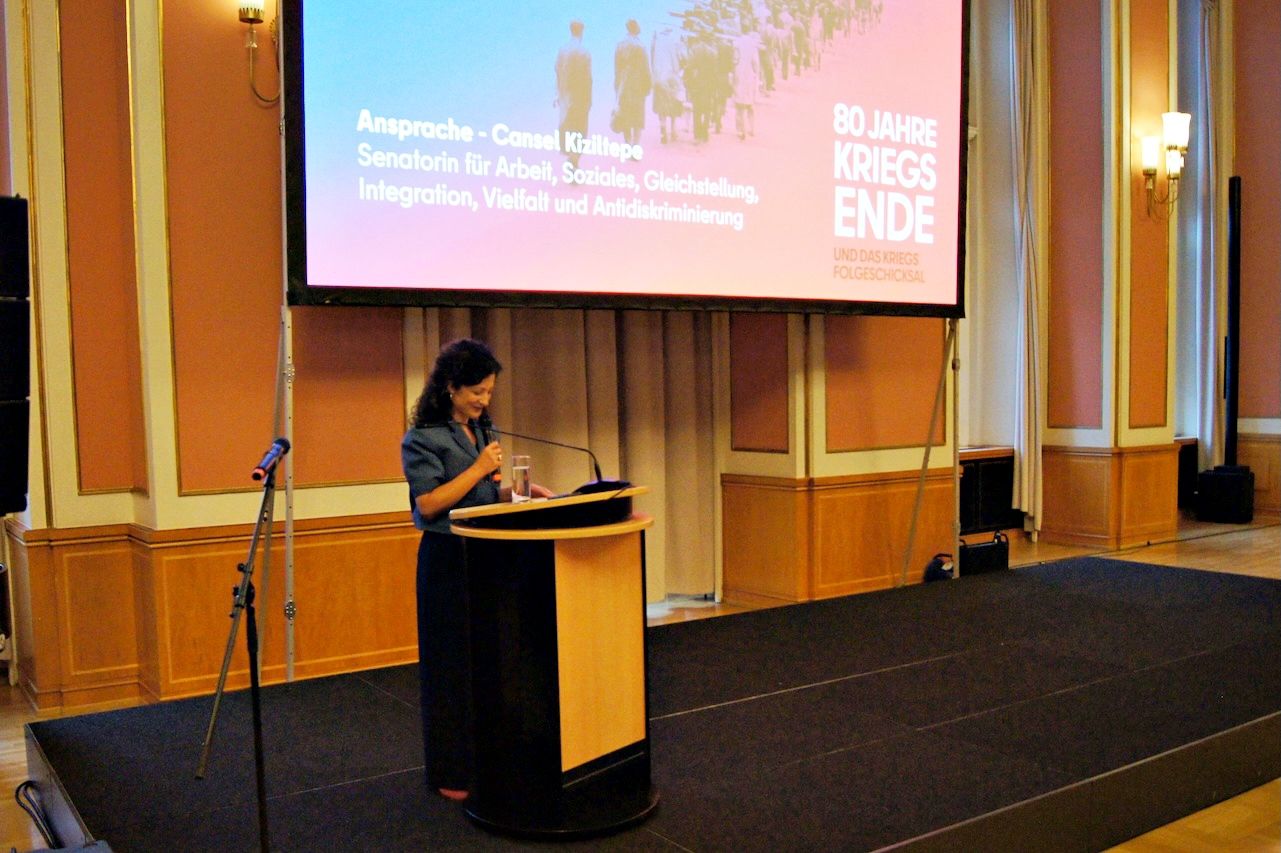
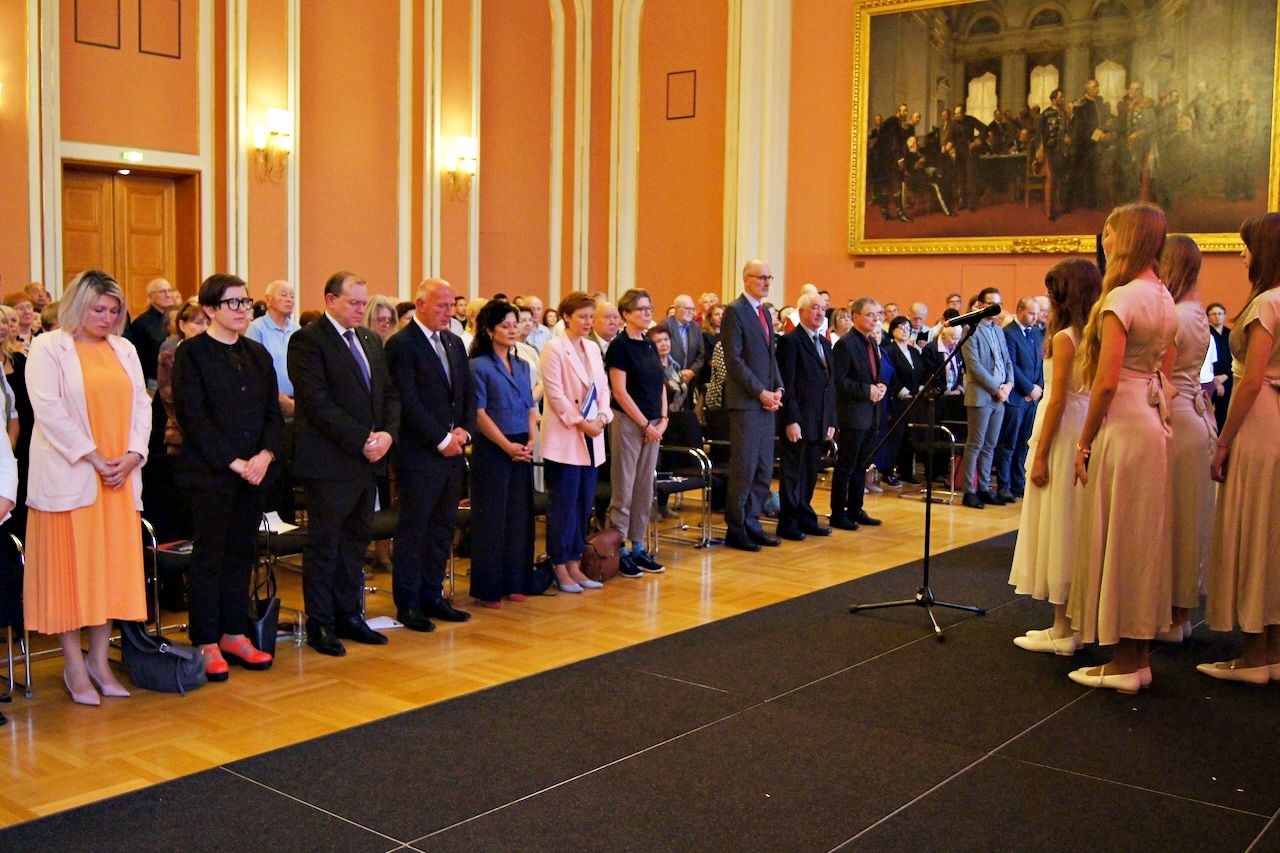
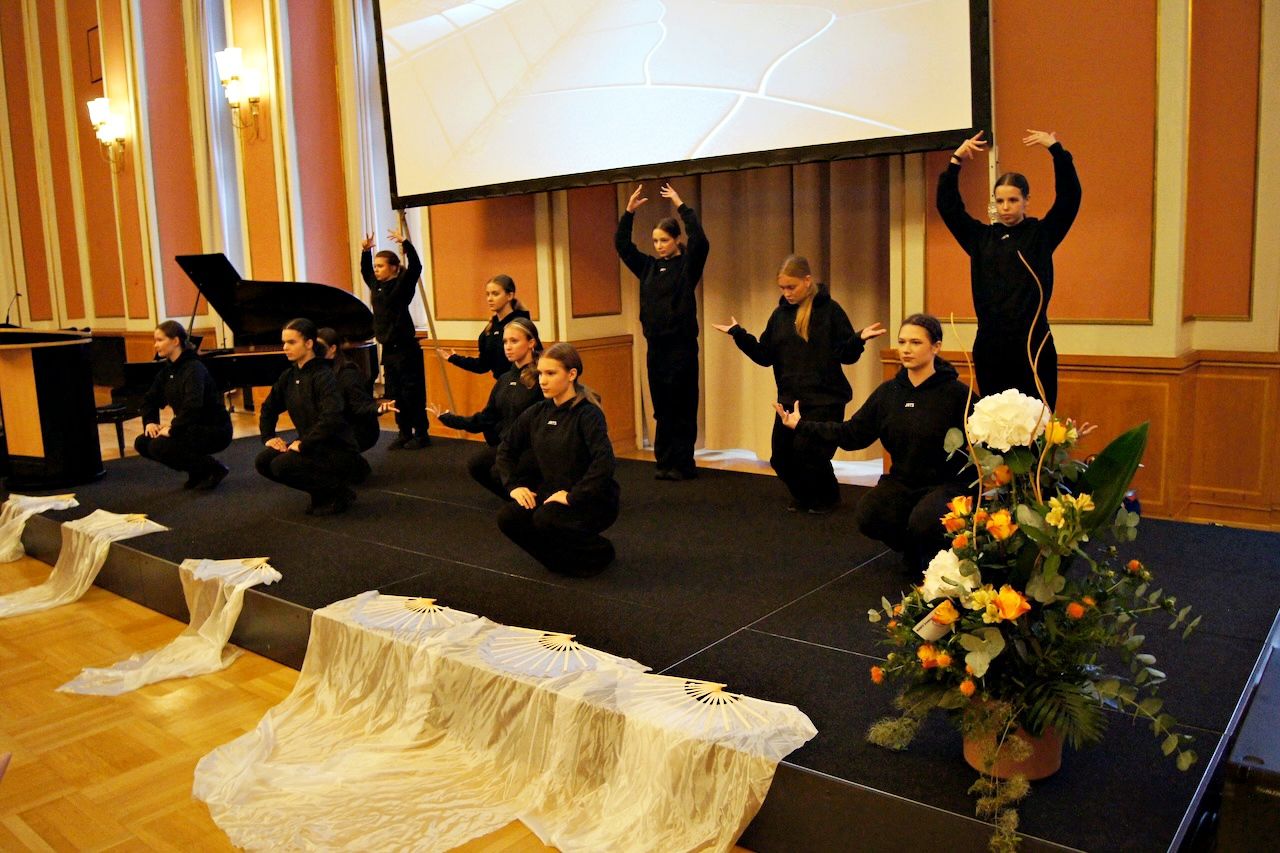
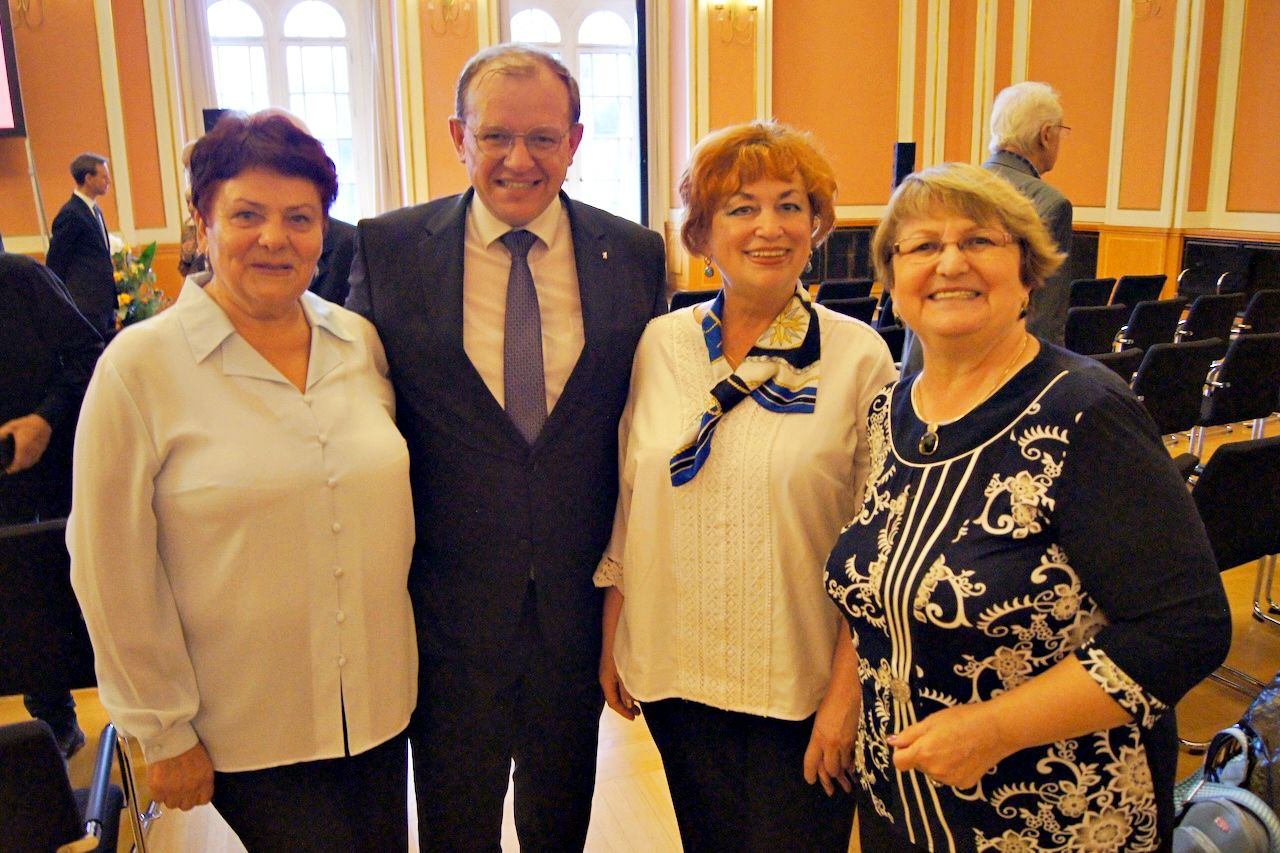
Tags: Week of Remembrance Berlin 2025 , 80 years end of war Berlin , deportation of Russian Germans , Walter Gauks Berlin , events Berlin August 2025 , Rotes Rathaus Berlin concert , Parkfriedhof Marzahn memorial , Heilig-Kreuz-Kirche concert , remembrance post-war generations
Categories: Latest


